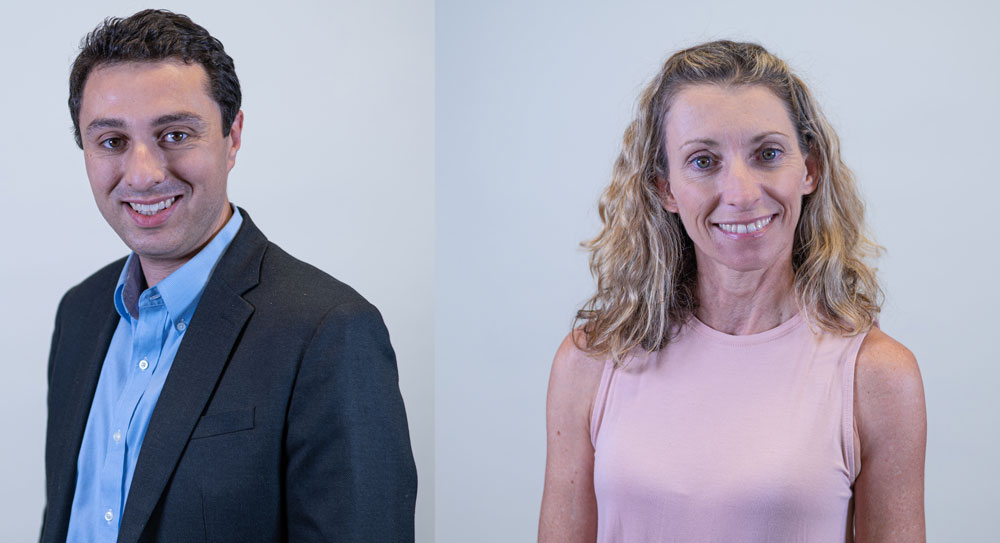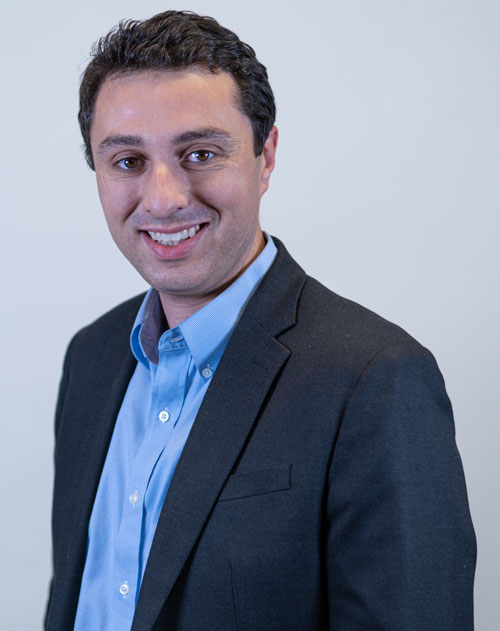Saint Leo University Updates Honors Program for New Academic Year
Interested new students, transfer students, and current students can still apply to take part in contemporary program.

Interested new students, transfer students, and current students can still apply to take part in contemporary program.

New for this academic year, Saint Leo University has updated its Honors Program for high-achieving undergraduates at University Campus. The changes, including a focus on global citizenship, are intended to attract more students to the interdisciplinary program and allow them greater flexibility in combining the Honors Program experience with other college opportunities that also intrigue and excite them.
Administrators expect that up to 10 percent of the undergraduates who study at University Campus will take part in the Honors Program. "We offer an Honors Program because some learners truly thrive at the intellectual challenges and social environment the program provides," said Dr. Mary Spoto, vice president of academic affairs. "Those who take part in the Honors Program share at least 20 percent of their course time with other similarly motivated students from diverse backgrounds and a wide variety of majors. It helps them enjoy college more, and often allows them to be more competitive in achieving their academic and professional goals."
Spoto continued, adding, "Now that we are in a new century, it was time to update some aspects of a program that has existed for nearly 40 years. The curricular changes we have made are in keeping with guidance from a peer group of educators, and were well-received in a test pilot program we conducted during the Spring 2020 Semester with three new courses: Faith and Politics, Hip Hop and Social Justice, and Small Wonders: The Beautiful, Beastly, and Bizarre World of Insects. The faculty members directly in charge of the program are very enthusiastic about working with students who will get to enjoy the new program."
New Elements

Dr. Tim.jpg) othy Jussaume, an associate professor of philosophy, is director of the Saint Leo Honors Program, and Dr. Laura Altfeld, an associate professor of biology, is the associate director of the program. The pair said they wanted to preserve the strengths of the previous curriculum, which explored the history of ideas important to the development of scientific pathways, modern societies and governments, arts, and ethics through reading classical core texts. The courses were delivered in sequence each year from freshman through senior years and certain general education requirement courses were also in place. In some cases, the scheduling needs made it hard for certain students to continue in Honors and take a semester abroad, or enroll in an accelerated program that allows focused students to finish a pre-law sequence in three years, or complete both a bachelor's and master's in a technology or business program within four years.
othy Jussaume, an associate professor of philosophy, is director of the Saint Leo Honors Program, and Dr. Laura Altfeld, an associate professor of biology, is the associate director of the program. The pair said they wanted to preserve the strengths of the previous curriculum, which explored the history of ideas important to the development of scientific pathways, modern societies and governments, arts, and ethics through reading classical core texts. The courses were delivered in sequence each year from freshman through senior years and certain general education requirement courses were also in place. In some cases, the scheduling needs made it hard for certain students to continue in Honors and take a semester abroad, or enroll in an accelerated program that allows focused students to finish a pre-law sequence in three years, or complete both a bachelor's and master's in a technology or business program within four years.
Adjustments to the program remove such barriers. Changes also expose students to thinkers and readings from a broader spectrum of sources. The increasing diversity of the undergraduate student body and the prevalence of more global sources of media, commerce, and travel have played a role. Jussaume and Altfeld have preserved an emphasis on the importance of historical context, but are also bridging that content to the theme of global citizenship and solving contemporary problems.
That means, Jussaume said, students will be thinking about questions such as: "What does it mean to be an engaged global citizen? How do I see myself as a part of the world community? What are my responsibilities towards others?" Course fall into specific clusters, specifically: Ideas and Expression; Nature; Community and Identity; and Global Responsibility.
The freshman courses to be offered in the Fall 2021 and Spring 2022 Semester will be "Wild Florida," for instance, which is an example of an offering from the program's Nature cluster. Other tentative Honors Program courses for students other than freshmen will cover the history of animation (related to Ideas and Expression), virtual travel to Spain (Community and Identity), fear in contemporary literature (another reflection of the Ideas and Expression cluster), and sports diplomacy (Global Responsibility). "There are infinite possibilities for Honors courses, really," Altfeld said.
That is especially true because a broader range of faculty members will be able to teach Honors Courses. In the past, only faculty from the College of Arts and Sciences taught Honors Program courses; now, Honors Program students will be able to take courses from professors in the Tapia College of Business, the College of Education and Social Services, and beyond.
Some other characteristics of the Honors Program are:
Applications Still Being Accepted
The Saint Leo Honors Program is expecting about 50 new students in August, who were admitted on the basis of grades and other factors listed on the Honors Program application page, Altfeld said. Students can still apply if they either meet the criteria, or, if they are reasonably close to the admissions criteria and interested in the opportunity, Altfeld said. "Enthusiasm counts," she said.
Jussaume noted that he hopes the entire University Campus community will benefit from the updates to the Honors Program. The changes are intended, in part, to raise the academic profile of Saint Leo University, which benefits all students, he explained. Also, because faculty who teach Honors Program courses are by definition teaching smaller classes, they will have the opportunity to try some of their new concepts for class exercises, field trips, or different readings within the Honors Program first. If activities and resources work well in the smaller groups, the faculty may decide to migrate them to other classes. "It benefits the whole institution," he said.